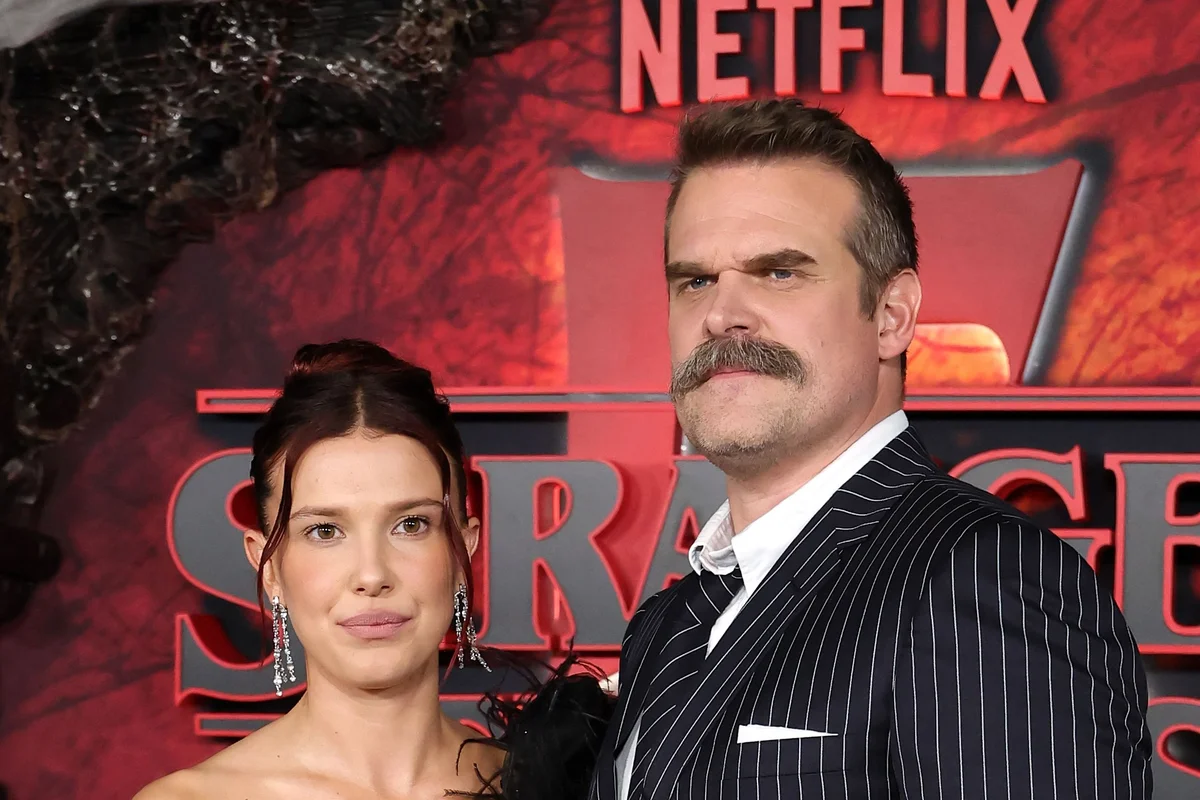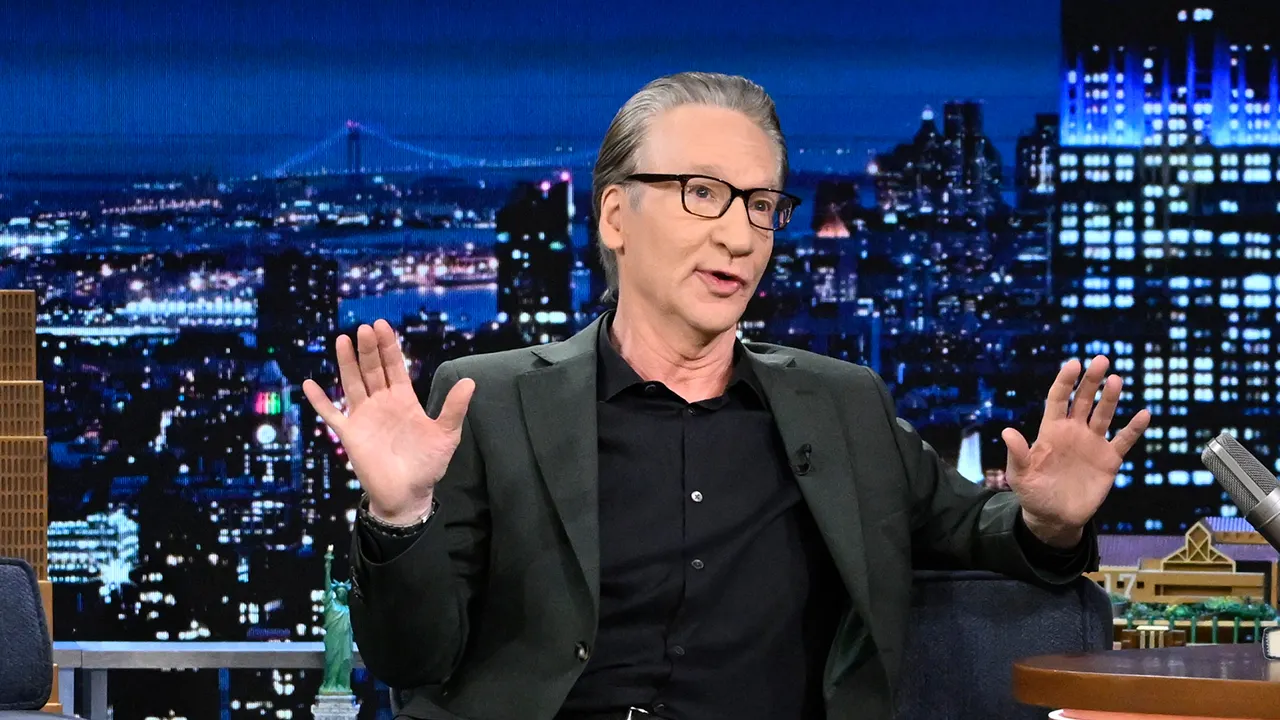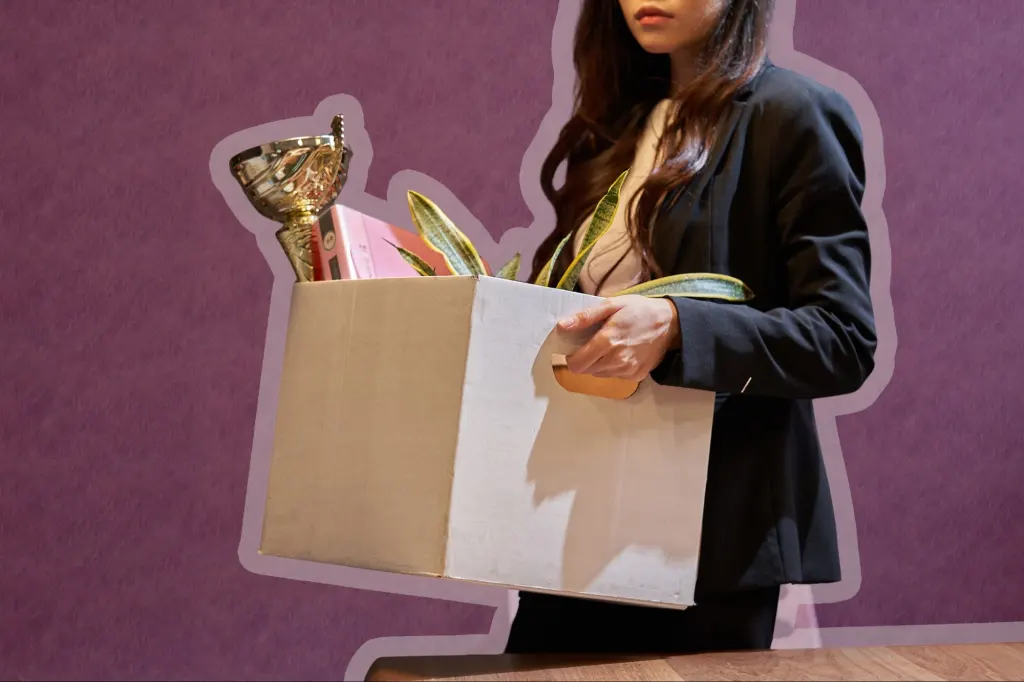Copyright independent

This should have been David Harbour’s biggest year yet. In the spring, a few weeks after turning 50, the American actor took a leading role in Thunderbolts, a movie touted as ushering in the next generation of Marvel superheroes. This month, he’ll star in the final chapter of Stranger Things, one of Netflix’s most popular series of all time and the show that changed his life. But right now, everyone is talking about Harbour for all the wrong reasons. In October, Harbour’s estranged wife Lily Allen released West End Girl, a break-up album for the ages that painstakingly, almost forensically dissected the disintegration of their open marriage over the course of 14 tracks, written in a 10-day burst of creativity and raw emotion. And the record just so happened to debut at the very same time the Stranger Things promotional juggernaut was getting into gear. Harbour is never mentioned by name in the album, of course, and Allen has branded West End Girl as “a mixture of fact and fiction”. But it’s safe to say that the actor, or, at least, the character he seems to have inspired, doesn’t come off well. In a matter of weeks, he has gone from being best known as the talented character actor who plays Stranger Things’ gruff but lovable father figure to becoming pop culture’s public enemy number one. In the album, Allen paints Harbour as callous and cruel. The not-so subtle implication of the record? That he encouraged her to accept a non-monogamous relationship, then changed the rules of their “arrangement” by getting emotionally involved with one particular fling, who Allen names “Madeline”. In one particularly bleak scene in the song “Pussy Palace”, Allen describes visiting his bachelor pad to find a drugstore carrier bag filled with condoms and sex toys. Harbour is yet to share his take on the events alluded to in West End Girl. In a recently published interview with Spanish Esquire, conducted weeks before the album’s release, he was asked whether he’d change anything about the last five decades, and made vague references to “regrets” and “slip-ups”. “I would change either everything or nothing," he mused. “You either accept your path completely and realise that even the pain and the slip-ups and the mistakes are all part of the journey, and that there’s truth and growth, wisdom and deeper empathy and connection in all that. It's kind of like a house of cards, the minute you try to change one thing you kind of have to change it all.” And now a set of allegations has threatened to further complicate the Stranger Things press tour. Last week, a report claimed that Harbour’s 21-year-old co-star Millie Bobby Brown, who plays his character’s adopted daughter Eleven, “filed a harassment and bullying claim before they started shooting the last season”. The source said that there were “pages and pages of accusations” – which are not thought to include claims of sexual misconduct – that prompted an investigation that “went on for months”. While filming the show’s final season, Brown was allegedly accompanied by a “personal representative” on set. The Independent has contacted representatives for Brown, Harbour and Netflix for further comment. While the actors put on a united front at the Stranger Thingss eason five premiere in Los Angeles on Thursday and The Hollywood Reporter asked Stranger Things co-creator Ross Duffer about the bullying claims. “Obviously, you understand I can’t get into personal onset matters, but I will say we’ve been doing this for 10 years with this cast, and at this point they’re family and we deeply care about them,” he said. “So, you know, nothing matters more than just having a set where everyone feels safe and happy.” The publication also asked director and executive producer Shawn Levy how production handles a bullying complaint on set and “makes sure everyone feels safe and respected”. “At the end of the day, that’s the job,” Levy replied. “You have to create a respectful workplace where everyone feels comfortable and safe, and so we did everything to build that environment. And we’re proud of the fact that we did so.” He continued: “I’ve read a bunch of stories and they range from wildly inaccurate to … there’s so much noise around it. But the truth is that we view this crew and this cast as family, and so we treat each other with respect, and that’s always been bedrock.” It all seems worlds away from the close bond that the two performers have previously projected on screen and off: Harbour has spoken of his “real protective feeling[s]” and “deep fatherly affection” for his younger co-star, who he has worked with since she was 11 years old. Sharp-eyed fans have already noted, too, that Harbour only appears in a handful of scenes in Stranger Things’ latest trailer. It has certainly been a tumultuous few weeks for the actor and his reputation. But Harbour has never tried to hide his more complicated side. He was born in Westchester, an hour or so outside of New York; growing up, he always saw himself as a “black sheep weirdo” ill at ease in cosy suburbia. At 18, he headed to Dartmouth College, part of the US’s prestigious Ivy League, to study drama, dress all in black and generally indulge his “big theatre geek” pretensions, he later told GQ, “writing manifestos about Brechtian alienation”. College was also where his drinking habit started to become a problem; in his student days, Harbour would often opt “to skip class and drink peach schnapps” instead. “I just wanted to create this void to destroy myself,” he explained. “But that kind of drinking is a tremendous form of narcissism. You don’t realise you’re affecting other lives.” When he moved to New York City to pursue acting, and suffered the knockbacks and rejections that come with the territory, alcohol became a way to numb that pain. But it also isolated him from the people he most cared about. “My friends all started to abandon me because I was very angry and a horrible human being to be around,” he said. At the age of just 24, Harbour decided to turn things around and entered Alcoholics Anonymous’s 12 step programme. Sobriety allowed him to better focus on his acting work, but a new interest in spirituality and religion led to him experiencing “a bit of a break where I thought there was a sort of God that I was in connection to”. This manic episode led to him spending time in a psychiatric hospital, where he was eventually diagnosed with bipolar disorder aged 26. His acting work, he has said, became “a lifeline” while dealing with his mental health. And as he entered his thirties, his career started to take off. In 2005, he was nominated for a Tony Award for his performance in a revival of Who’s Afraid of Virginia Woolf. Then came a handful of small roles in high profile movies: he played a cowboy in Brokeback Mountain, appeared as a CIA operative in Daniel Craig’s second Bond outing, Quantum of Solace, and starred alongside Kate Winslet and Leonardo DiCaprio in Revolutionary Road. TV roles in Aaron Sorkin’s The Newsroom and period drama Manhattan followed. But by this point, Harbour had made peace with the fact that he was very much a jobbing actor, rather than someone on track to become a household name: he was, he thought, destined to be “relegated to number six or seven on the callsheet”, the “guy who runs after Denzel [Washington] with a gun”. So when he landed a supporting role in an Eighties-set Netflix sci-fi series, one of the few grown-ups in a cast full of fresh-faced teens, it didn’t exactly seem like the role of a lifetime. Harbour’s Stranger Things character Jim Hopper, police chief for the sleepy town of Forks, Indiana, was a washed-up, overweight Vietnam vet who self-medicated with alcohol and seemed to have given up on life. Not traditional hero fodder, then. But the show, released in 2016, was a huge hit; audiences lapped up its Spielberg-ish feel and Eighties nostalgia. Its immediate success “changed everything” for Harbour. “I was a leading man overnight whereas before I’d always been a supporting villain,” he later told The Times. “It was a different world entirely, professionally and personally.” Quickly, Harbour started getting cast in splashier, blockbuster roles: as the lead in superhero reboot Hellboy, as the adoptive dad to Scarlett Johansson’s character in Marvel spin-off Black Widow and as a sweary Santa in festive action comedy Violent Night. And his life off-screen would soon change too. In 2019, he met Lily Allen on the celebrity dating app Raya while filming in London. Things moved fast: a year into the relationship, they married in Las Vegas in September 2020, in a ceremony presided over by an Elvis impersonator. After tying the knot, the couple headed for In-N-Out burgers, still wearing their wedding finery (a white Dior mini-dress for Allen and a suit for Harbour) and accompanied by Ethel and Marnie, the musician’s two daughters from her first marriage to builder Sam Cooper. Family life seemed to suit Harbour. Becoming a stepfather “brought a whole new depth to my life that I had never had before”, making him “an entirely new man”, he told The Independent in 2022. The quartet moved into a four-storey brownstone in Brooklyn, with their aesthetically friendly domestic bliss documented in a video tour for interiors magazine Architectural Digest. But late last year, reports suggested that things had turned sour between the pair. Allen was spotted without her wedding ring while recording her BBC podcast Miss Me? and told listeners that she would be spending Christmas alone. A few months later, Harbour told GQ that the tabloid reports about the break-up were “all based on hysterical hyperbole” and only served to encourage “a salacious s***show of humiliation”. Allen, meanwhile, went uncharacteristically quiet on the subject, before dropping West End Girl into the cultural conversation like a grenade. The album’s release has prompted internet sleuths to comb through the archives and look back on digital mementoes of their relationship in a different light. Take a photo of a note from Harbour to Allen, for example, which marked her West End theatrical debut. “My ambitious wife, these are bad luck flowers, ‘cause if you get reviewed well in this play you will get all kinds of awards and I’ll be miserable,” it reads. With hindsight, and a touch of speculation, what might have once been read as a sarcastic in-joke seems like a red flag. But how will this all come to bear on Harbour’s Hollywood reputation? Perhaps if his stock in trade was playing wholesome family guys, then the West End Girl debacle might prove utterly disastrous. But Harbour has always veered towards more offbeat, messier roles; wholesomeness has never really been part of his brand. Could he hit back with his own piece of art, a play, TV show or movie, say, telling his side of the story? Or will he remain relatively quiet, attempting to diffuse Allen’s lyrical bombs with more vague truisms? Anyone with a soft spot for celebrity mudslinging will probably be secretly holding out for the former. Either way, though, it seems unlikely that this saga will be wrapped up as neatly as a Netflix series.



